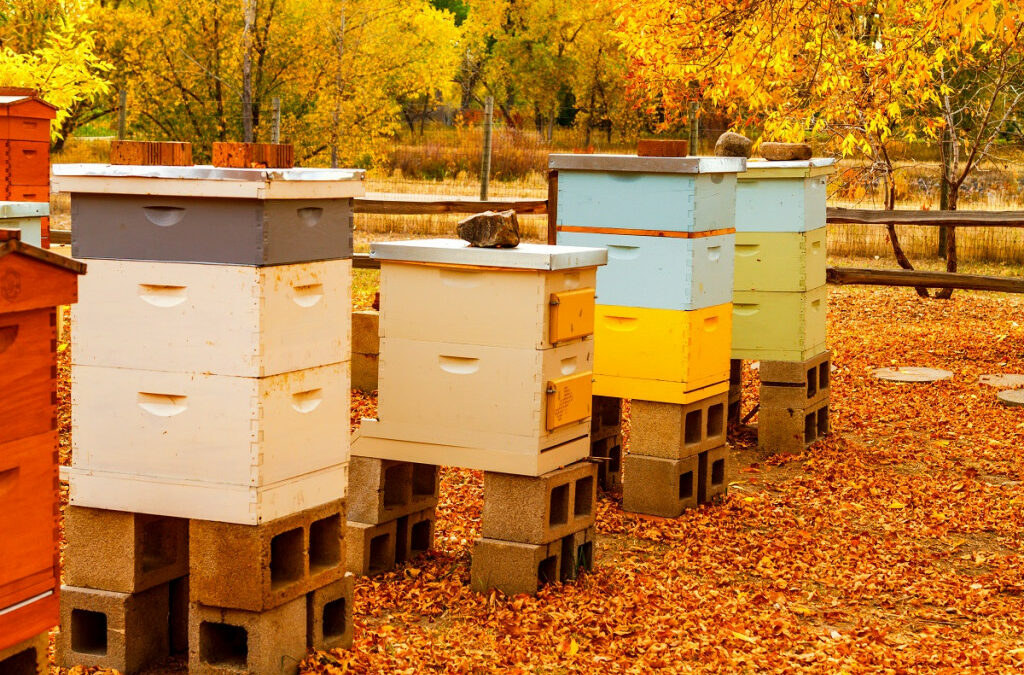In December, beekeeping activities in Northern California may vary based on the specific climatic conditions and the status of your beehive. Here are some general recommendations:
- Monitor Hive Weight:
- Check the hive weight by lifting one side to assess the honey stores. If the hive feels light, consider providing supplemental feeding with sugar syrup or fondant to ensure the bees have enough food for winter.
- Insulate the Hive:
- Insulate the hive if necessary to help the bees maintain a more stable temperature during colder nights. You can use insulating materials like foam boards or wraps.
- Ventilation:
- Ensure proper ventilation to prevent moisture buildup inside the hive. Moisture can lead to issues like mold and condensation, which can be harmful to the bees.
- Varroa Mite Treatment:
- If not done earlier in the fall, consider treating for Varroa mites. Mite levels tend to increase during winter, and controlling them is crucial for the health of the hive.
- Queen Status:
- Check if the hive has a laying queen. A healthy queen is essential for the colony’s survival. If the queen is failing or absent, you may need to take corrective action, such as requeening.
- Monitor for Diseases:
- Keep an eye out for signs of diseases like nosema or foulbrood. Winter can be a stressful time for bees, and diseases can spread more easily if not managed.
- Winter Feeding:
- Ensure the bees have access to food stores throughout the winter. In addition to any earlier supplemental feeding, you may need to continue feeding depending on the hive’s weight and available resources.
- Protect from Pests:
- Be vigilant against pests like mice. Ensure that your hive entrances are reduced to prevent rodents from entering and causing damage.
- Beehive Accessibility:
- Be cautious not to disturb the hive too much during cold weather, as this can cause stress to the bees. Perform inspections on milder days.
- Educate Yourself:
- Take this time to read and educate yourself about beekeeping practices, especially those specific to your region. Staying informed will help you make better decisions for the health of your hive.
Remember that specific tasks may vary based on your local conditions, and it’s always a good idea to connect with local beekeeping associations or experienced beekeepers for advice tailored to your area.

